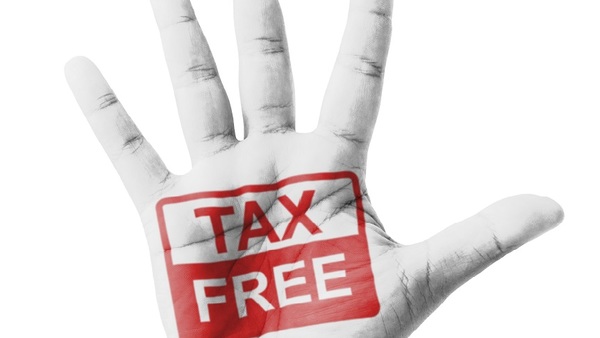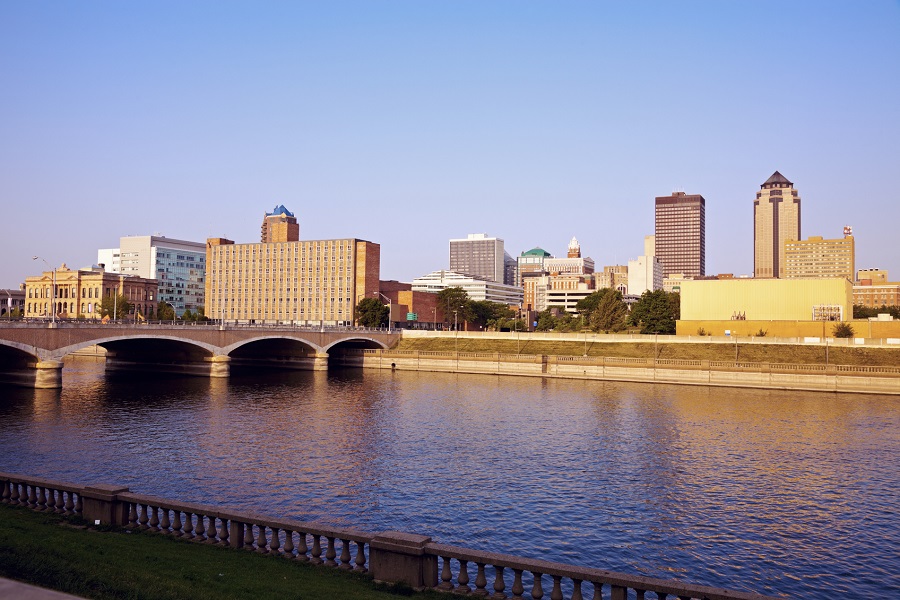
When you’re looking for a potential retirement spot, keep taxes high on the criteria—since whether a state has its own income tax, and if so what it taxes, can have a big impact on how much money you’ll have left to spend after April 15 has come and gone each year.
According to a Moneywatch report, high earners can be in for higher taxes than the top rate of 39.6% if they add in the Affordable Care Act surtax—which may or may not survive the Trump administration—at 3.8% on investment income.
But while federal taxes are important, state taxes vary so much from one end of the country to the other that it may actually be worth picking up stakes and moving when you decide to leave the job for good.
But you need to look carefully, since even though some states do tax income during retirement, some do so selectively, according to the Tax Foundation—taxing income from working, for instance, but not Social Security, government pensions or distributions from retirement plans and IRAs. Others tax dividends and interest, while still others only tax retirees whose income rises above a certain threshold—and some, of course, tax everything.
Then there are tax brackets. Thirty-three states use graduated-rate income brackets, with California and Missouri each boasting 10 different rates while Kansas has only two. Eight states that tax wages have only one rate across all types of income.
And some states have multiple bands across a narrow range of income, with, for instance, Missouri taxpayers hitting the tenth and highest maximum bracket at just $9.072, while in New Jersey the highest bracket kicks in at $500,000. North Dakota’s highest tax rate is just 2.9%, while California’s is 13.3%.
And some resort to other methods to raise money. For instance, the state of Washington doesn’t tax income, but has high taxes on gasoline and other fuels, while Texas has no income tax, but both it and New Hampshire (which does have income tax, but only on dividend and interest income) have high property taxes. And Tennessee will get you on sales tax.
Here are the 5 best (none of the five have an income tax, which means they’ll all require additional research based on your particular circumstances) and 5 worst states, income tax-wise, for keeping more of your retirement income.
They’re not ranked in order, since each state has its own variations that will make it imperative for you to take your own situation into account.
5 Best States for Keeping Your Retirement Income

5. Wyoming.
Not only does Wyoming not have a state income tax, it has one of the lowest combined state and local sales tax rate in the country, at 5.40%.
4. Nevada.
Nevada’s combined state and local sales tax rate is 7.98%, making it the 13th most expensive place to shop in the country. It may not have income tax, but you’re going to have to spend money if you retire there, and it’ll get you that way.
3. Alaska.
Alaska doesn’t even have a state sales tax—although it does allow its municipalities to charge one. It also boasts the lowest average combined sales tax rate in the country, at 1.76%.
2. Washington.
The state of Washington also relies on state and local taxes for revenue; its combined rate of 8.92% places it as the fifth highest in the country.
1. Florida.
Florida’s combined sales tax rate is 6.80%—not cheap, but not horrible; it places the state in 28th place. And its property tax rate of 1.06% rank it in 27th place.
5 Worst States For Keeping Your Retirement Income

5. Iowa.
Surprisingly enough, with a top tax rate of 8.98%, Iowa edged out New Jersey, at 8.97%, Washington, D.C., at 8.95% and even New York at 8.82%.
4. Minnesota.
At 9.85%, Minnesota can be an expensive place to live.
3. Oregon.
The state’s top tax rate is 9.9%, but surprisingly, it’s one of the states that doesn’t tax Social Security income.
2. Maine.
Maine’s top marginal tax rate is 10.15%, but it too doesn’t tax Social Security income.
1. California.
With the highest top marginal tax rate (13.3%) in the country, California kind of hits the bottom even before owning up to 10 different tax brackets. In addition, its highest tax bracket kicks in at $1 million, known as the “millionaire’s tax.”
Originally published on BenefitsPro. All rights reserved. This material may not be published, broadcast, rewritten, or redistributed.


